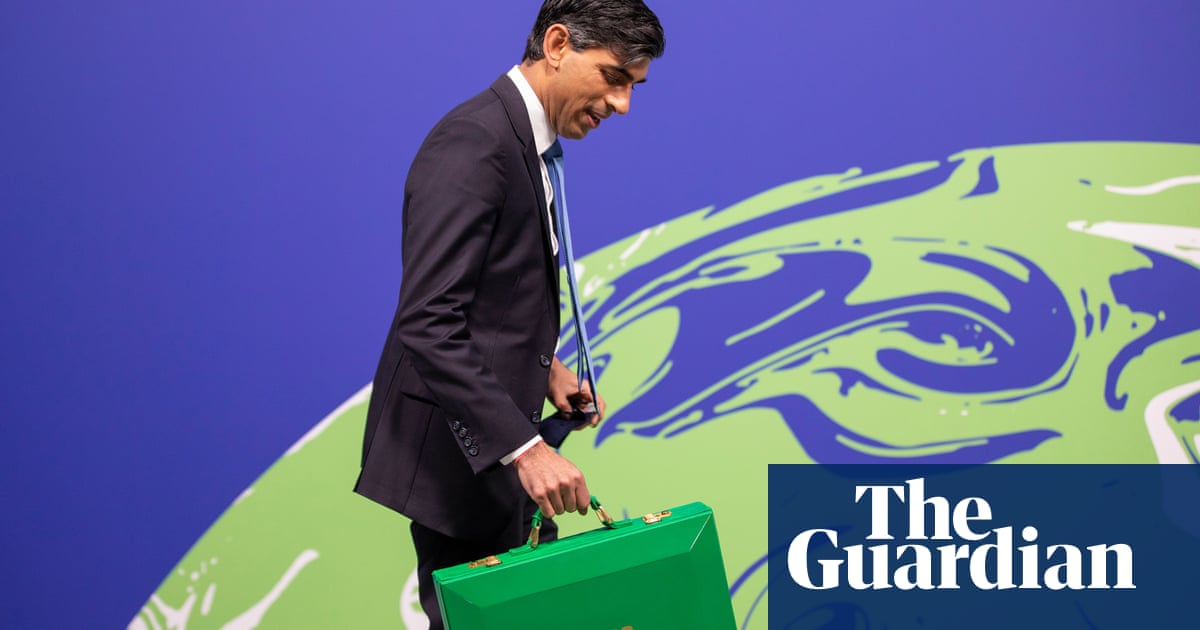
Some people have accused ministers of changing the criteria to meet the UK’s global obligations for reducing climate change. This was done by reclassifying £1.7bn from the current aid budget to help poorer countries with environmental initiatives.
The official aid watchdog of the government warns that despite the updated accounting methods, the goal of £11.6bn may still not be reached due to significant cuts in overseas aid budgets.
Members of Parliament openly discussed their efforts to redefine what type of assistance could be considered as helping to achieve climate goals last year. However, the Independent Commission for Aid Impact (ICAI) has recently stated the magnitude of the alterations for the first time and has expressed their opinion on its legitimacy.
The government has made changes to its accounting method in order to fulfill its climate finance pledge in the UK. This essentially alters the way the £11.6 billion goal will be achieved, and without these changes, ministers would be unable to reach the target.
“The modifications resulted in the government recording an additional £1.724 billion towards the goal. However, countries relying on assistance from the ICF pledge did not receive any extra funds to address climate change.”
The report states that the reclassifications are significant, making up 15% of the UK’s climate commitment. It further notes that the government’s status as a frontrunner in this area has been harmed.
The UK promised to contribute £11.6bn towards climate finance at UN climate conferences. The country was lauded for being a leader in this field. This pledge was part of the larger goal to raise $100bn every year for climate finance, which was first proposed in 2009.
In 2019, the UK pledged to specifically contribute £11.6 billion at the UN general assembly, with the intention of covering the five-year period until March 2026. However, according to the ICAI report, the government still needs to fulfill 55% of this pledge in the remaining two years.
The current pledge, which amounts to at least £2.6bn, is scheduled to be spent in the last year, 2025-26, after a general election. This delayed spending would create significant budgetary strain on any future Labour government aid initiatives.
The ICAI chief commissioner, Dr Tamsyn Barton, who led the review, said: “We are concerned that by altering its accounting methods and identifying existing spend as international climate finance to include that funding in the total, rather than providing new money, the UK is offering less additional assistance than was originally promised. It may also not be as suited to the needs of the most vulnerable countries at risk from climate change, notably the least developed, conflict-affected and small island developing states.”
The ministers discovered a total of £1.7 billion by reclassifying essential payments to multilateral development banks as environmentally friendly (which is worth more than £750 million). They also designated a portion of humanitarian programs in the most climate-vulnerable countries (worth £470 million) as green finance, leaving no extra funding for these countries. A “scrubbing exercise” revealed an additional £200 million in green financing.
The report states that during the reclassification process, a higher proportion of UK aid funding has been turned into loans instead of grants by multilateral development banks. This approach may not be as suitable for the most disadvantaged and climate-sensitive countries.
The report also notes a lack of transparency in regards to the new accounting, making it challenging to hold the government responsible for its commitments to climate finance.
Source: theguardian.com


















